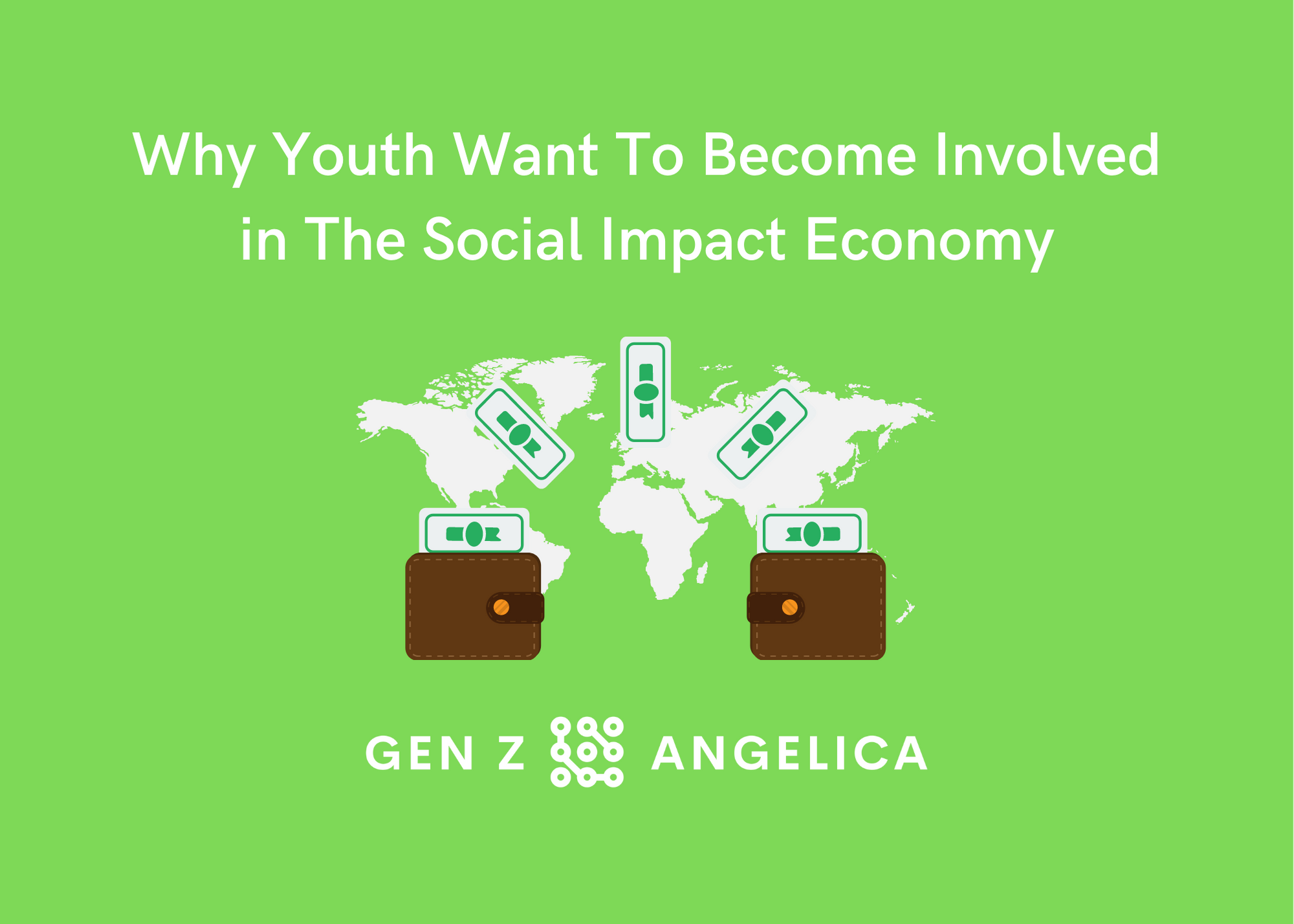Today’s youth, embodied by Gen Z (born between 1996–2010) and the rising Gen Alpha (born between 2013–2024) are highly motivated to leave a positive mark on society. Factors such as digitalization’s ease of catalyzing impact, long-term planning for a more sustainable planet, and the push towards human-centric innovation, are all motivations behind why youth want to get involved in the social impact economy.
Why Youth Want To Become Involved in The Social Impact Economy
1. Digitalization as a key driver of change
Our hyper-connected youth have come to understand the power of virtual platforms to bring forward positive change. One of Gen Z’s most popular platforms for such activities is Change.org, which enables anyone to establish petitions for largely social causes to achieve societal betterment. This is one example of how the young are driven to contribute to the social impact economy.
Within digitalization, Social Media has been a significant motivator of youth involvement in social impact. From my own observations of my peers’ accounts, more than 80% of Instagram Stories focus on social justice activism, campaigns, initiatives and entrepreneurial pursuits related to social impact. Because of how much easier it is to spread positive impact due to digitalization, it suddenly serves as an important promoter behind younger generations’ involvement in the impact economy.
2. Long-term planning for sustainable living
Generation Z is the most social impact and sustainability-driven generation yet. Here are some quick statistics to substantiate this fact:
- In 2019, almost 60 percent of surveyed Gen Z consumers in the United States and Canada stated that they prefer purchasing environmentally sustainable products. (Statista)
- 62 percent of Generation Z survey participants prefer to buy from sustainable brands (BusinessWire)
- 73 percent of Generation Z expect retailers and brands to become more sustainable (BusinessWire)
- Recommerce is gaining traction across every generation with Generation Z (59 percent), say they shop the secondary markets. (BusinessWire)
Undoubtedly, sustainability is a significant motivator behind Gen Z’s movements in the economy. They want to be the drivers of change through social impact, and can achieve this as they begin to enter the workplace in ever-increasing numbers. With more Gen Z taking the reins of companies, their sustainability preferences will translate into the overall economy — therefore achieving social impact.
3. Human-centric innovation
Younger demographics are focused on an authentic, people-first approach. This is true in the context of entrepreneurial innovations, public policy, as well as on the corporate level in business. Being able to make a greater societal impact is also another motivation behind why youth want to become involved in the impact economy. Youth further want to mobilize technologies like artificial intelligence for purposes of human elevation, not wealth creation — epitomizing the human-centric approach to innovation where the person lies at the center.
To Conclude…
From the great efficiency digitalization provides in terms of implementing change to sustainable living, these are all top reasons behind why youth want to become involved in the social impact economy. As Gen Z and Gen Alpha mature, we will witness an evolution and growth in this space unlike any in modern human history.
Original source: https://angelica-sirotin.medium.com/why-youth-want-to-become-involved-in-the-social-impact-economy-d6efbd5ca9a7


This publication has been prepared within INDIGISE project. The content of this publication is the sole responsibility of the project coordinator and may not always reflect the views of the European Commission or the National Agency.















Leave A Comment